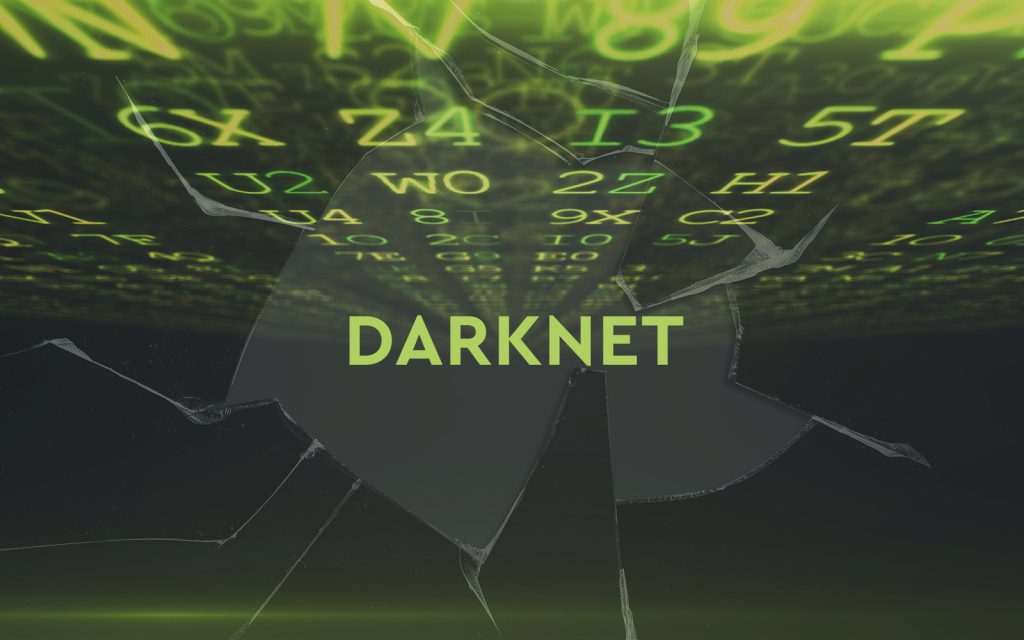In a digital world where personal and business information is constantly at risk, having reliable cyber security systems is essential for maintaining peace of mind. Cyber threats, ranging from data breaches to ransomware attacks, can compromise sensitive information and disrupt daily operations. Investing in comprehensive cyber security measures ensures that your digital assets are protected, allowing you to focus on your personal or professional goals without constant worry. Reliable systems not only safeguard data but also enhance trust and confidence in online interactions.
Key Benefits of Robust Cyber Security
Implementing dependable cyber security systems offers several advantages:
- Data Protection: Ensures that sensitive information such as financial records, personal details, and business data remains secure from unauthorized access.
- Reduced Risk of Cyber Attacks: Proactively defends against threats like malware, phishing, and ransomware.
- Operational Continuity: Maintains smooth business or personal operations by preventing system downtime caused by cyber incidents.
- Enhanced Reputation: Demonstrates responsibility and reliability, boosting trust among clients, partners, and users.
Essential Features of Reliable Cyber Security Systems

To achieve peace of mind, systems must include core security features:
- Firewalls and Intrusion Detection: Monitor network traffic to prevent unauthorized access and detect suspicious activity.
- Encryption: Protects data in transit and at rest, making it unreadable to attackers.
- Regular Software Updates: Keeps systems protected against newly discovered vulnerabilities.
- Multi-Factor Authentication: Adds an extra layer of verification to secure accounts from unauthorized login attempts.
- Data Backup and Recovery: Ensures quick recovery in case of accidental deletion or cyber-attacks.
Best Practices for Maintaining Cyber Security
Even with advanced systems, following proactive practices strengthens overall protection:
- Educate Users: Regular awareness training helps individuals recognize phishing attempts and unsafe behaviours online.
- Secure Devices: Use antivirus software and keep devices updated to minimize vulnerabilities.
- Monitor Activity: Regularly review system logs and account activity to detect anomalies early.
- Strong Password Management: Use complex, unique passwords for each account and update them periodically.
- Limit Access: Restrict sensitive information to only those who require it, reducing exposure risks.
Building Confidence Through Cyber Security
A reliable cyber security system does more than protect data; it builds confidence. Knowing that systems are actively monitored and threats are mitigated allows individuals and businesses to operate in digital spaces with less stress. This peace of mind translates into better productivity, more focus on core activities, and the freedom to embrace technological tools safely. Businesses benefit from following a reliable Cyber Security Blog that outlines efficient ways to strengthen network defences and safeguard corporate resources.
Investing in trusted cyber security systems and following best practices ensures that your information, devices, and networks remain secure. With the right measures in place, digital life becomes safer, predictable, and stress-free, providing the peace of mind that is essential in a world where cyber threats are constantly evolving.





